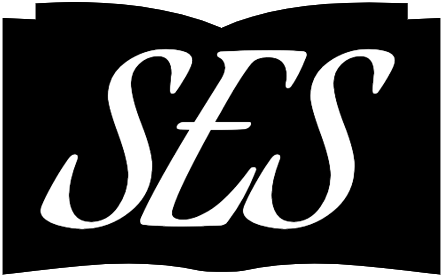McDonald, Christie V. “THE UTOPIA
OF THE TEXT: DIDEROT’S ‘ENCYCLOPÉDIE.’”
The Eighteenth Century, vol. 21, no. 2, University of Pennsylvania Press, 1980, pp. 128–44. JSTOR,
https://www.jstor.org/stable/41467214.
Utopia, in this case indicating a state of completeness or wholeness, is a topic covertly present in the article “Encyclopédie”, according to McDonald. In her text here, the idea of an encyclopedic utopia is pitted against and combined with Diderot’s quest to find and represent all knowledge and determine the origins of the sciences. The first section discusses the tree of knowledge and other metaphors describing the Encyclopédie (map, city, landscape) and the attempt to perfectly organize knowledge. This “perfection” would begin with science’s origins and eventually break into every specific term in a field, bringing about “encyclopedic totality” (pg. 134). After a brief section comparing past encyclopedias’ strategies to those of the Encyclopédie, McDonald details the Encyclopédie’s art of cross-references and their relationships with editors, readers, and writers, which assist in uniting the whole work. As McDonald reads from Diderot, connecting related and unrelated branches of the tree and creating a language that can hold all knowledge (including its history and origins) is how utopia in the Encyclopédie can be achieved.
Basic Information
Country of Publication: United States
Language: English
Decade: 1980s
Main Classification: Classification, Cross-References
Related Sources
*In Progress*
Notes
1. This article is complex in some areas and contains a few sections that require a basic linguistic background, but is manageable.
Updates
7/13/2020: Created page.
